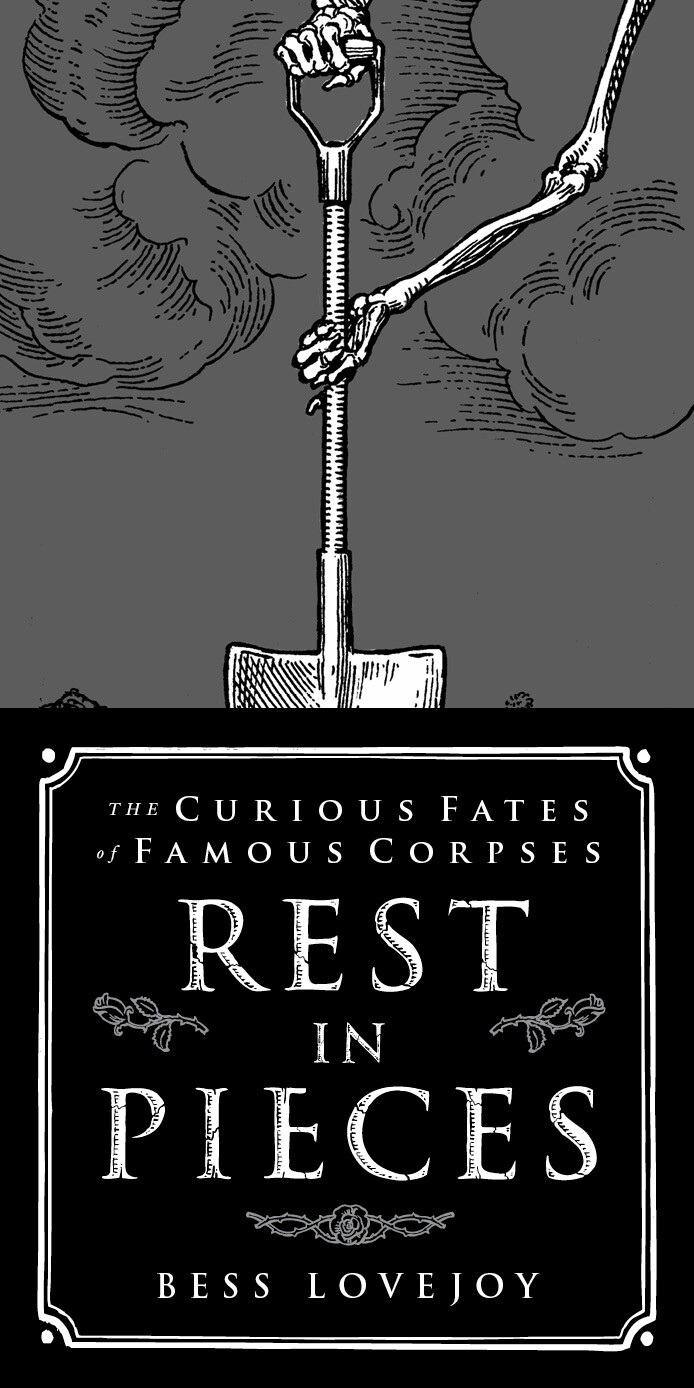Hugo Chávez’s death reverberated around the world, and so did the news that Venezuelan officials wanted to embalm the body for permanent display. It ended up not happening, but bodies of other famous people have gone through some odd adventures.
This topic inspired Bess Lovejoy to do some research. She found out Eva Perón’s corpse travelled across countries, that Lenin wanted a simple burial instead of mummification, and that Alexander the Great’s body was a required visit for aspiring leaders, however clumsy or thievish.
In Bess Lovejoy’s book, “Rest in Pieces: The Curious Fates of Famous Corpses,” she included some of her favorite stories, like the very mysterious life and death of “Russia’s greatest love machine” and mystic Grigori Rasputin, whose preserved genitals was later proven to be a sea cucumber. Lovejoy ordered her favorite stories thematically in order to show how ancient and modern societies have dealt with death.
Although we may not keep the organs of deceased loved ones in drawers like Mary Shelley, author of “Frankenstein”, do we still need physical objects to venerate leaders and loved ones? Have societal views towards death shifted? How do we deal with death today? Is it healthy?
Guest:
Bess Lovejoy, author of “Rest in Pieces: The Curious Fates of Famous Corpses” (Simon and Schuster)











